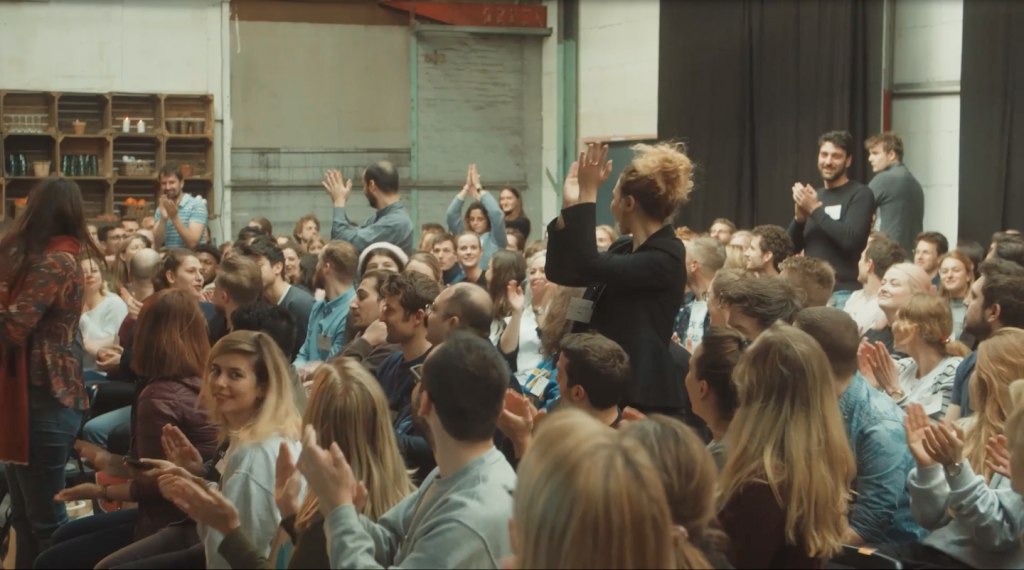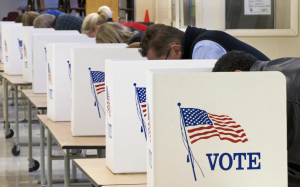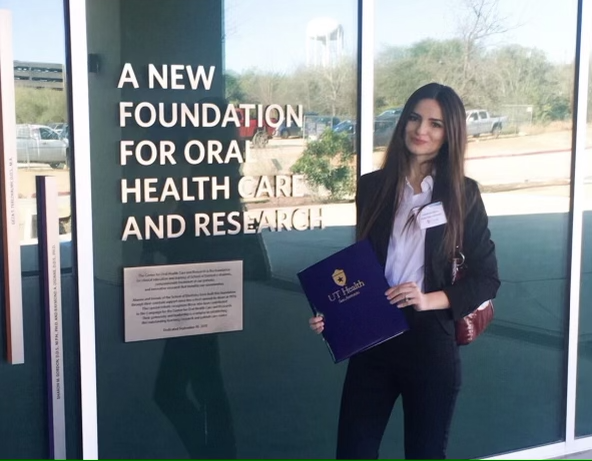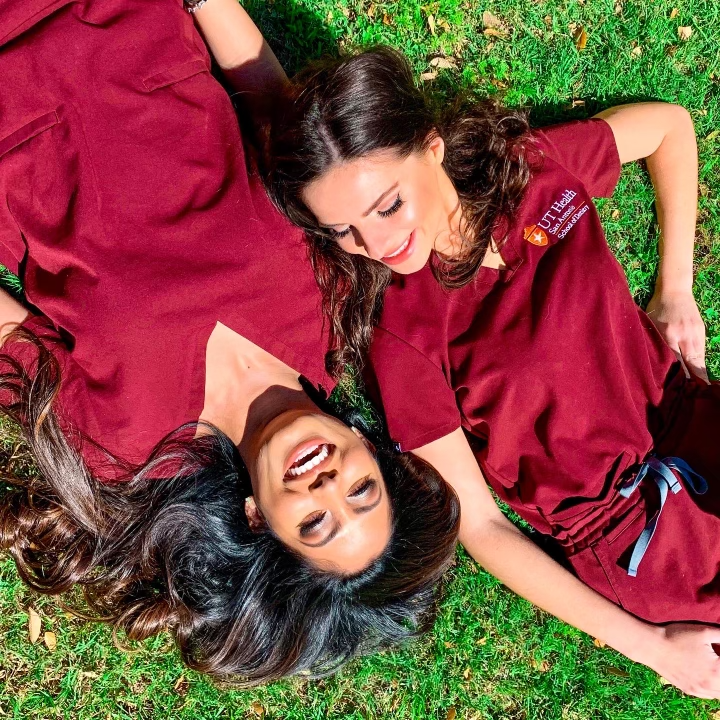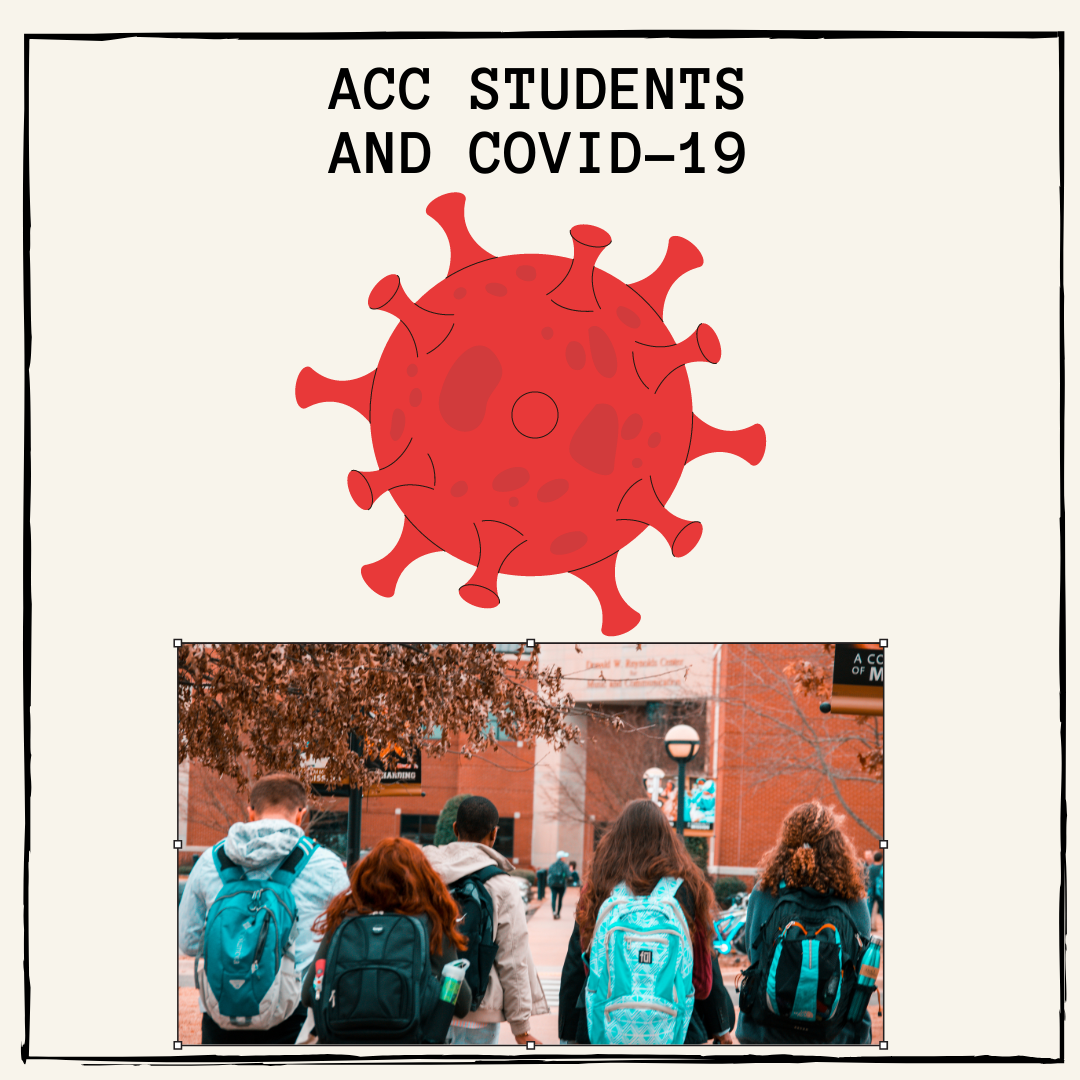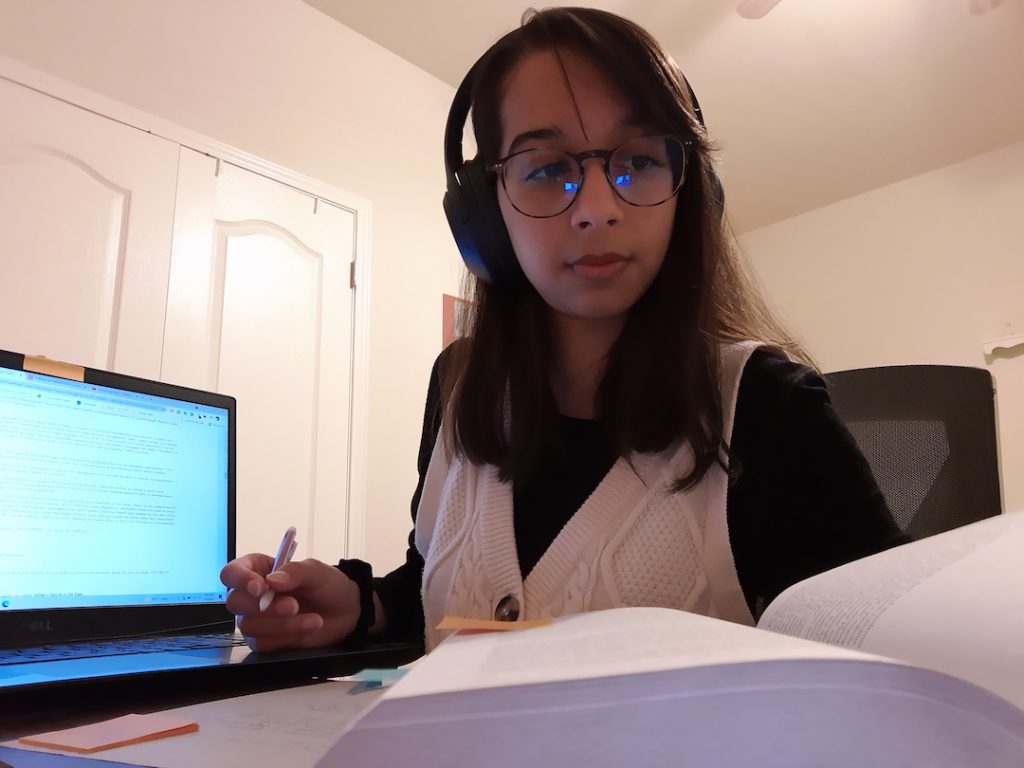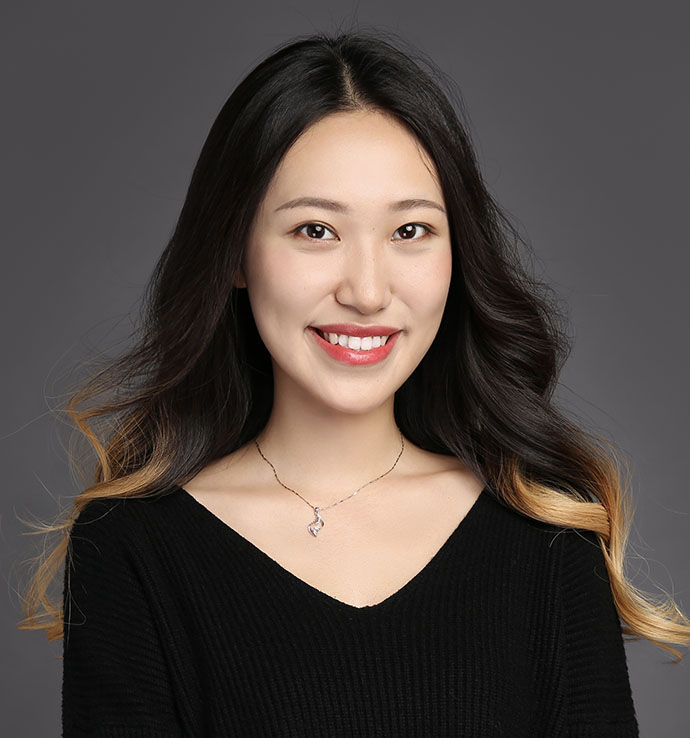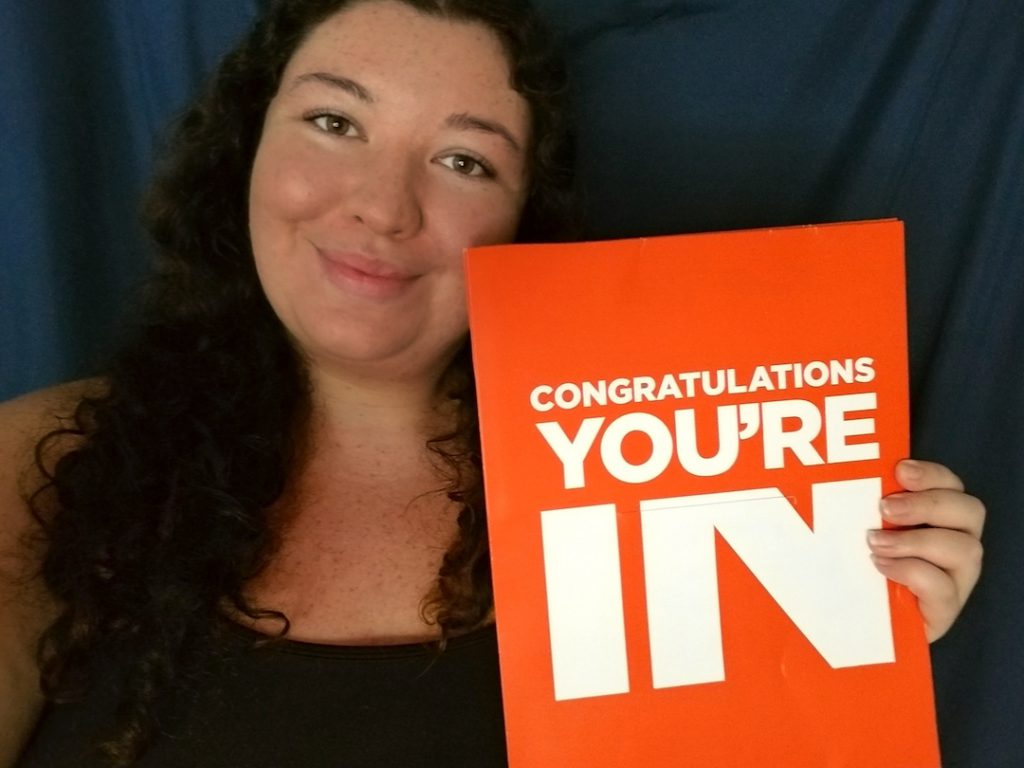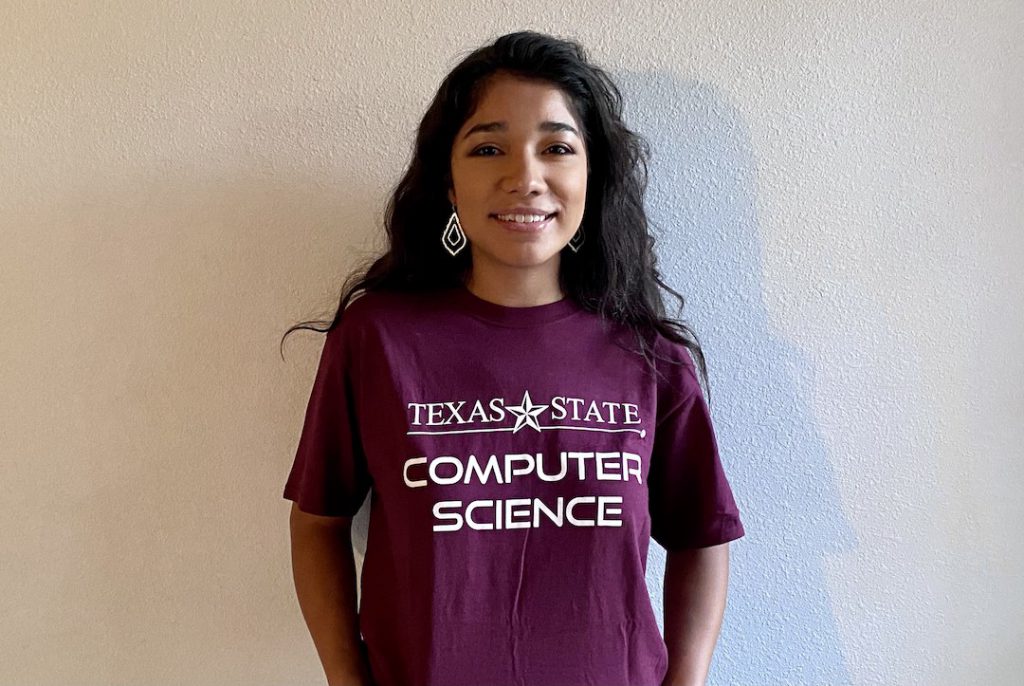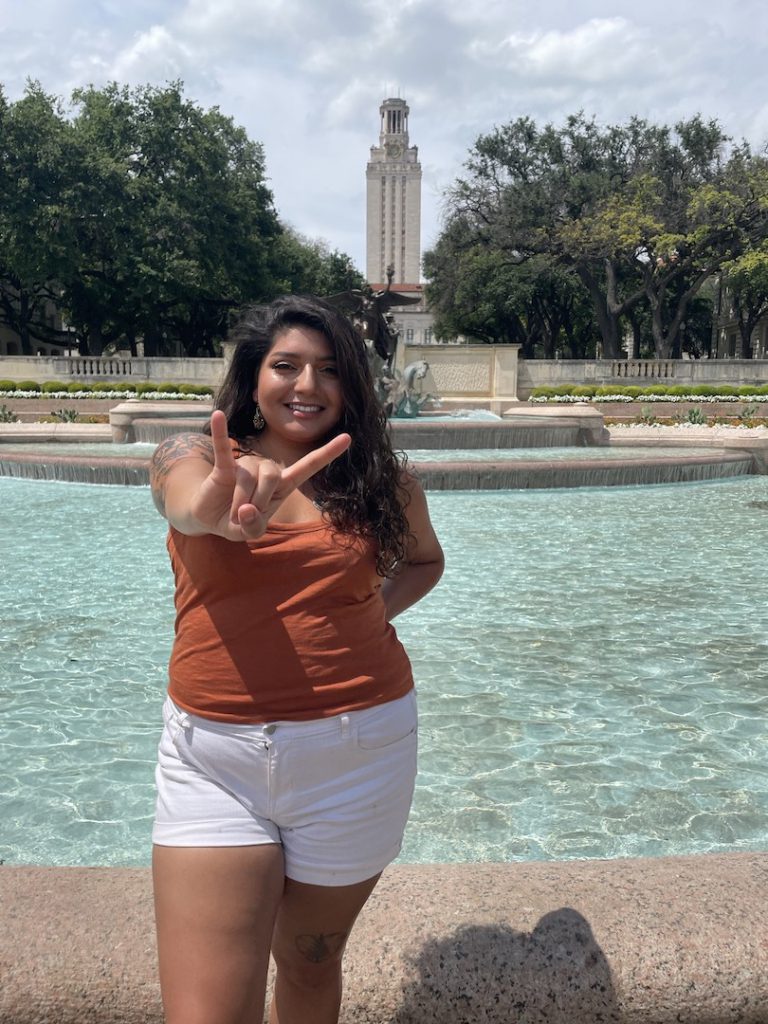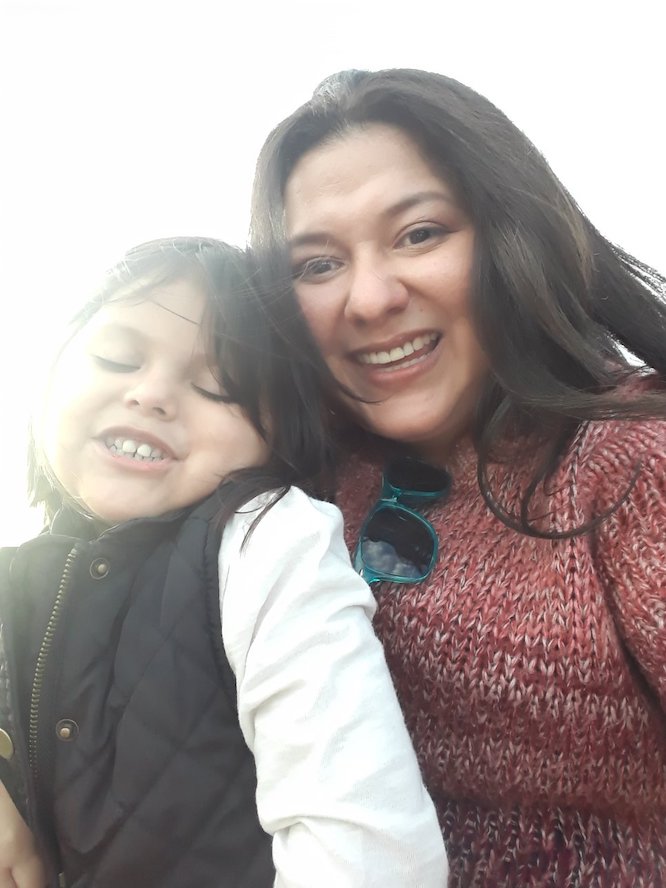Story by Gloria Nguyen
Graphic by Kate Korepova
Edited by Pete Ramirez
Valentine’s Day is just around the corner!
Americans have been celebrating Valentine’s Day since the 19th century but the holiday became ubiquitous early in the 20th century.
Nowhere in the world is Valentine’s Day celebrated as wildly as in the U.S. Much like during the Christmas holiday season, stores are filled with rose-colored products weeks beforehand.
Contrary to popular belief, Valentine’s Day is not just for romantic love. Your best friend, grandpa, teacher, or even your favorite colleague from the office may participate in exchanging valentines.

One thing about Valentine’s Day that is slowly starting to change is that historically, there hasn’t been much room for the LGBTQ community at the table.
Supervising editor at National Public Radio, Arnie Seipel, wrote about how the origins of Valentine’s Day are heteronormative itself.
Seipel writes that the early Romans would celebrate the feast of Lupercalia during Feb. 13 to 15 which would culminate in “a matchmaking lottery, in which young men drew the names of women from a jar.” The new couple would be paired up for the duration of the festival or longer if the match was right.
Even though our society seems to slowly make progress LGBTQ couples may feel like they are not able to be affectionate in public because of the recent surge of anti-LGBTQ laws being passed and toxic rhetoric coming from some mainstream media entities.
According to NBC News, recent FBI data suggests that “crimes based on bias against trans and gender non-conforming people continued to increase.”
The ramifications of these threats against the LGBTQ community are even being felt in colleges across the U.S. In a recent survey of LGBTQ college students published by Intelligent, 61% said they’ve experienced more discrimination since Dave Chappelle’s Netflix special aired last year, which features transphobic and homophobic jokes.
Although Valentine’s Day does not directly help fight the day-to-day inequalities of our society, we can choose to participate in the holiday while continuing to be an ally to the LGBTQ community.
Here are some ways you can celebrate Valentine’s Day and support your local LGBTQ community.
Make Your Own Valentine’s Gifts
One way to avoid the commercialization and heteronormative standards of Valentine’s Day is to make your own valentines gifts.
This does not necessarily need to be about your partner. Your gifts can be sent to members of your family or your chosen family and friends.

Valentine’s Day has been traditionally been a holiday that companies like Hallmark have used to target straight couples with products and advertisements. In recent years, companies have begun to make their products and ads much more inclusive to the LGBTQ community.
Photo by: @proyectoalegria
Shop At LGBTQ-owned Businesses
Shopping and hanging out at LGBTQ-owned businesses is another way to directly support your local LGBTQ community. Hotel San Jose, Tamalitoz and FLAVNT are a few in Austin you can consider. Check out more at this list of queer-owned businesses in Austin that Do512 compiled.
Practice Self-care
Valentine’s Day can be triggering for people depending on their dating history. If you were in a bad relationship or experienced trauma because of your dating history, Valentine’s Day can feel even more overwhelming.
If this is the case for you, taking care of yourself is much more imperative on Valentine’s Day than usual.
Be kind to yourself. Take time to look in the mirror and tell yourself “I love you.” Whatever you choose to do, make sure that you feel good about yourself while you’re doing it.
Practicing self-care should be done for yourself every day – and not just on Valentine’s Day. Remember that Valentine’s Day is just another day. Regardless of how you feel about it, your relationship status, sexual orientation or gender identity, you are valid and you will get through the day.
Surround yourself with positive people and remind yourself that love doesn’t have to look the way it is commercialized to you.
Keep doing you. You are loved!






